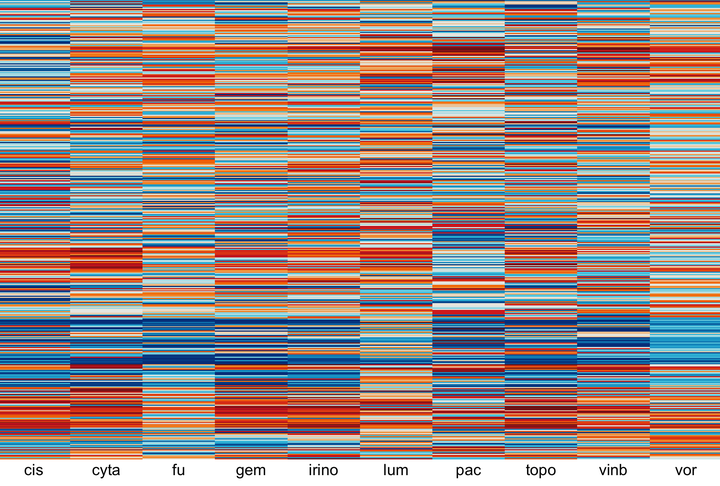Transcriptomic Chemogram

Standard chemotherapy typically takes a “one-size-fits-all” approach, even though individual patients may respond very differently to the same drugs. In our work, we present a framework called the “chemogram” that would personalize chemotherapy decisions using only gene expression data from a patient’s tumor. Our approach uses predictive gene signatures to rank how sensitive a tumor might be to different chemotherapy drugs and ranks predicted sensitivity among those drugs. This ranking could help doctors choose treatments that are more likely to work and avoid those that might cause side effects without real benefit to the patient. Importantly, our chemogram does not require complicated or time-consuming lab tests. Instead, it uses data that is relatively easy to collect and process. We tested the chemogram across hundreds of cancer cell lines and found it could accurately predict rank order of drug sensitivity in a few types of cancer. While further development and validation of the chemogram is necessary before it can be used in a clinical setting, we believe this approach has the potential to bring personalized chemotherapy within reach for many more patients, especially for those who don’t qualify for targeted therapies.